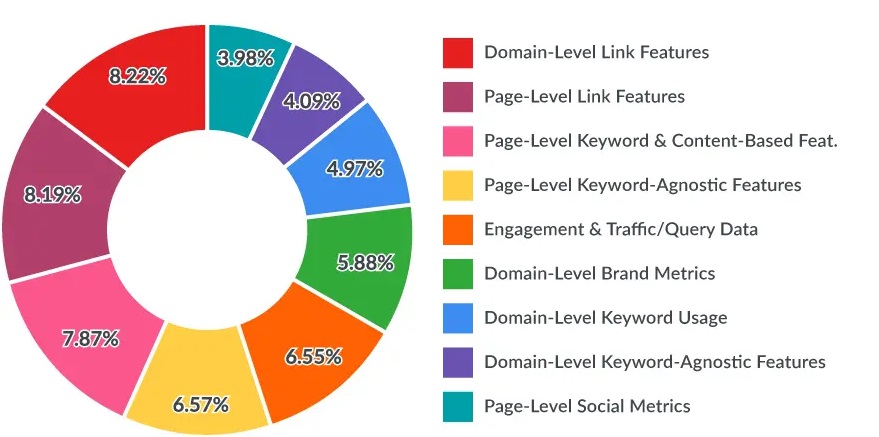SEO
What is SEO?
SEO means Search Engine Optimization, a bunch of practices that originate to improve the appearance and ranking of web pages in the search engine’s organic search results. Since organic search is the most conspicuous way for individuals to find and access online substance, a decent Search engine optimization technique is fundamental for working on the quality and amount of traffic to your site.
What are the types of SEO?
There are two types of SEO On Page and Off Page. In On-Page SEO, we only focus on our website’s content, title tags, meta tags, alt tags, the structure of the website and internal linking, and In off Page SEO, we work on creating quality backlinks, awareness on social media platforms, write articles about our website to third party websites in the form of guest posting.
Why is SEO important for your website?
SEO or Search Engine Optimization plays a significant role in your website, as well as for your business. Nowadays, people really don’t understand the technicality of SEO for websites. SEO make your website more visible in the organic search results pages, not only the Google search results but also in other search engines like Bing, Yahoo etc. It’s also a very valuable practice for your brand awareness, building your relationship with your client or customers and improving the trust of search engines & as well as the users visiting your website.
What are the main strategies we should follow while doing SEO on website?
People those works in MNCs and those who have huge client often use only white hat strategies where they only work on making legit content, good quality-labelled images, good quality backlinks and unique & relevant titles to their client’s website. But there are many other small firms which use the black hat strategies for their website in which they just copy and paste the content from the competitor’s website, make the text invisible to bluff the search engine, use cloaking (re-direct the user to the other page) and make irrelevant links or bad quality links doing this they gain a good position in the search engine for just some temporary period, but when the search engine got to know that any particular website is using these bad strategies then they just remove that website from there database.
How does SEO Work?
Google, Bing, and Yahoo are some well-known search engines. If you browse on the Internet, you will find many more search engines, so basically, they have a tool called crawlers, or some people call them bots or spiders; their primary function is to read all the data of websites which they have in their database. Crawler starts from a known webpage and follows its content, internal links (links within the website) and external links (links connected to 3rd party websites, or you can call them backlinks). They check whether the content is semantically related to all other internal and external pages or not.
So when a user types their query or searches anything on the search engine’s search box, the particular search engine runs complex algorithms within their database or system to fetch the most accurate and valuable results list. That list is the most organic result, including web pages full of text, news updates, pictures, video content, local business listings, and much more.
Following are the Ranking Factors in Google's Algorithm

SEOs use these ranking factors to create and implement search marketing strategies that include a balance of on-page, off-page and technical SEO practices. An association that desires to procure and keep up with high SERP rankings and, therefore, loads of excellent user traffic ought to utilize a procedure that focuses on the client experience, uses non-manipulative positioning strategies and develops close-by web search tools and clients’ evolving ways of behaving.
It should be noted that while other computerized showcasing rehearses like search engine marketing (SEM), pay-per-click (PPC), social media marketing, email marketing, and community management are nearly related to SEO, these other tactics are generally outside the scope and definition of traditional search marketing.